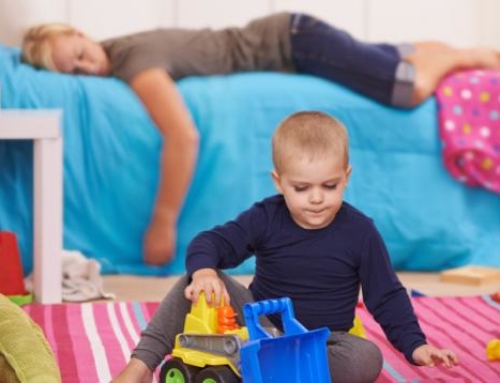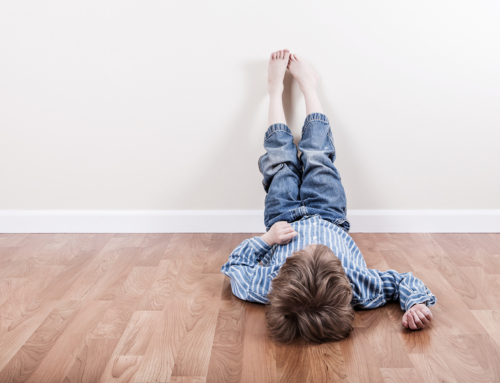I’m a bit of an introvert, but certainly not as much as one of my children. If he had his way, he’d be happy to read all day! This in some ways is beneficial because he is independent and I can actually have long, hot showers; in many ways, it is quite challenging: transitions can be hard, anxiety can be high, and indifference can reign. But the biggest problem is that sometimes I take for granted that his buckets are full because he is quiet, and I give much of my time to his extroverted brother who needs lots of attention.
This often leads to a build up of emotions that can explode without notice. Our introverts need loving support too. We can fill their buckets (their sense that they are seen/ heard/ important) in a way that is different from extroverted children.
In The Happy Kid Handbook, author Katie Hurley, LCSW, discusses this phenomenon: in her words, “Because they don’t necessarily get their feelings out, introverts sometimes experience big meltdowns or tantrums… Once you understand this about your child, you can help your child learn to express his or her feelings throughout the day.”
Here are some suggestions from Katie Hurley’s book to making sure our introverts feel our love for them:
Respect Their Need for “Down Time”
Spending time alone with their thoughts and ideas energizes introverted children—we need to give them this time. Hurley recommends giving our introverts at least forty-five minutes of downtime each day. I notice that my child needs a lot of time after school to wind down and can’t go straight to an activity or time with friends.
Understand Their Emotions
Introverts process their feelings internally, and they might not talk about their feelings with us. We need to remember that they still have these feelings, which can feel quite overwhelming. And we need to try to understand the root of the meltdowns. My guy becomes angry when his buckets are empty, and deep down, he’s often sad because who he is wasn’t respected.
According to Hurley, “As important as it is to teach introverts to express their feelings, it’s also important to normalize those big feelings. Given that introverted kids tend to keep their feelings hidden, they often fail to seek help from adults. They need to know that all feelings and emotions are okay and a part of growing up. Normalizing their experiences helps them feel a little less overwhelmed in what often feels like a very overwhelming world.”
Understand the Way They Think
It is quite easy for introverted children to get lost in thought. The problem is that the quiet thought processing might get misinterpreted as daydreaming or inattention. Hurley reminds us, “Bottom line: Introverted kids need time to think.”
We need to not demand quick answers from introverted children. Giving them extra time in scheduling, using transition signals, and giving time for answers in their time will certainly help when they’re lost in thought without disrespecting their need to process.
Give One-On-One Time
“Unlike their louder, very vocal sibling, introverted children don’t always cry out for one-on-one attention. But they need it just the same.”
Hurley is right! We can’t take for granted that our quiet child is getting enough of us. My child’s expression of this need is often through back talk and defiance. When I make sure to give him enough attention, this behaviour stops.
Find connection points in each day where you can put your other tasks aside to give your child your full attention. I usually start my connection time with, “I see yous…” like this: “Do I hear that you are working on a new song at choir? Is that a hard song to sing? I see you’ve been practicing it.” Depending on your child’s personality, you can chat, go for a walk or play a game of their choosing. Look into their eyes and let them feel how important they are to you.
Hurley reminds us that introverts often tend to have just a few interests, but they really thrive when they are able to showcase those interests. Do what you can to learn more about that interest.
Give Up Some Control
Power struggles are common with introverted children. The real world is often not like their slow-paced, introverted world, and they can easily feel out of control. We have to get to school, eat, do activities, and get ready to bed, and these things can often feel like they are in the way of an introvert’s full mind.
As much as we can, we need to give our introverted children control over their lives. They don’t need to be in charge of everything, but they do need to feel like they can make some choices—have some control. I let my child choose his clothes every day, pick the order of things that need to be done when it doesn’t matter, and decide whether or not he wants to participate in some activities or not.
But you should know, The Happy Kid Handbook isn’t just about introverts! Author Katie Hurley shares her therapeutic suggestions for helping all of our children live happier lives.






















Leave A Comment